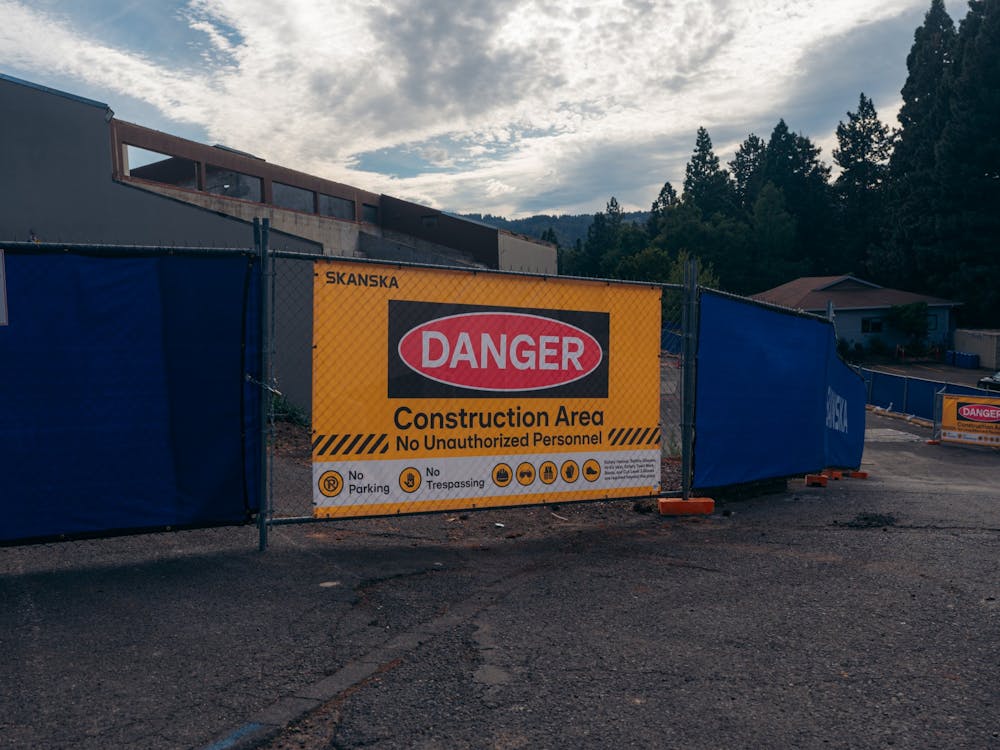When was the last time you turned the keys in your car and acknowledged the hundreds of components that go into its startup and drivability? How often do you grab something off the shelf at a grocery store and actually consider the entire supply chain behind how the item ended up there?
I’m sure the majority of us can definitively say that we rarely question things like these. In fact, we might not even consider or care about some of these behind-the-scenes factors.
In today’s world, macroscopic results are heavily prioritized. Performances on exams and papers are reflected by letter grades; sports teams are generally defined and ranked by their records.
None of this could be possible, though, without the little things that add up. Those countless hours of studying and going to office hours play a role in a student getting good grades. Beneficial chemistry between players allows them to play selflessly and at a better quality, leading to the opportunity of winning more games and the team improving their record.
When an exam or paper is handed back, is the grade the first thing that gets looked at or is there more focus on what was missed and how the student could improve down the road?
From my experience, and I think a lot of others can attest to this, the majority of the time the grade is heavily prioritized over the work done to get that grade. If we get a bad grade, we often just assume we don’t know the material as well as other people in the class, hope to do better in the remainder of the class and move on with our busy lives.
Many times, only a handful of students in a class will actually follow up with professors on how to correct or improve their work for deeper learning and better performance in the future.
I think a major reason for these reactions is because we often forget or even neglect how crucial it is to prioritize the process, which includes all the little pieces that go into it.
As a mechanical engineer, this has become very apparent to me through some of the classes I’ve taken or am currently taking. There is a cause and effect to everything. Even the smallest mistakes or bad initial assumptions can lead to completely different results in the end.
Attention to detail matters.
Think of it like you’re the CEO of a national company. When operations are running smoothly and money is coming in the door, all seems to be going well with little to no worries.
Now start to pick off some of the components that make up the company.
Maybe a fraction of employees quit their jobs or the company's database goes down for a few days, hurting production and revenue. Maybe certain branches of the company across the country are forced to shut down.
All of a sudden, those bits and pieces that may have been taken advantage of or ignored completely are being amplified and, in turn, forcing you as the CEO to address and resolve issues you may not have even been aware of to begin with.
While results play a huge part in our lives and they are certainly still important, don’t forget to acknowledge how you got there. Without those early stages of the process, you have nothing to build off of.
Michael Lang is a member of the editorial board at The Beacon. He can be reached at langm24@up.edu.
Have something to say about this? We’re dedicated to publishing a wide variety of viewpoints, and we’d like to hear from you. Voice your opinion in The Beacon.









